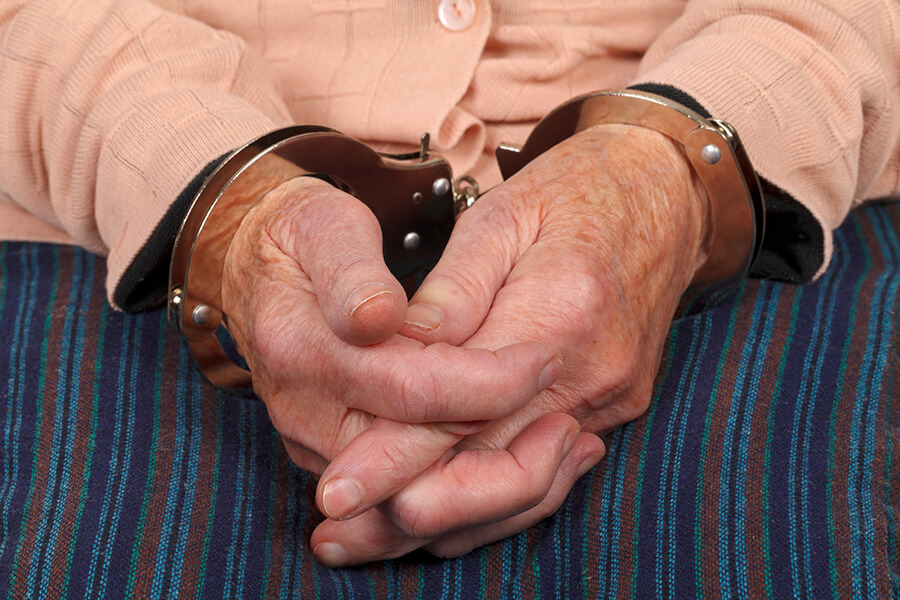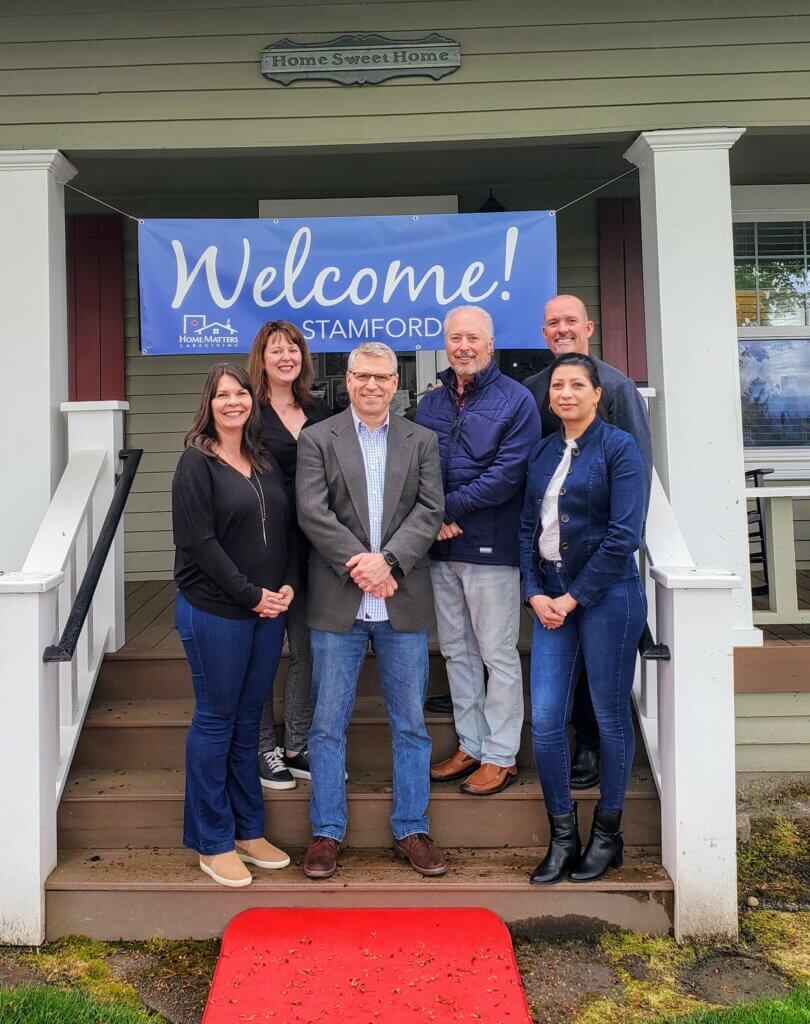It may seem astounding – a sweet, elderly, occasionally baffled grandmother with dementia being handcuffed and placed under arrest. But nevertheless, that very scene is occurring at an alarming rate among seniors, more than 100,000 of them, according to the current data – an increase of roughly 30% in the past decade. This dramatic increase in arrests of the elderly might be partially because of the increase in the population of the elderly, as well as the increase in medical diagnoses of Alzheimer’s disease and other types of dementia.
Along with the anxiety and aggression that can come with Alzheimer’s, as well as other erratic behaviors that might require police intervention, one solution lies in education. Dr. Brie Williams, geriatrician and director of the University of California, highlights the necessity for more effective police responses to dementia-induced actions. In short, this involves identifying the answer to, “Is there a medical reason behind engaging in what’s normally regarded as criminal behavior?”
And in addition to criminal concerns, some other situations concerning older adults with dementia are more often requiring law enforcement to step in, such as people with Alzheimer’s wandering off and getting lost, or being asked to check up on the elderly at the request of worried members of the family, neighbors, friends, or medical personnel.
Thankfully, the Police Department has taken measures to make certain its law enforcement team is coached in appropriate intervention methods, as well as given helpful information on beneficial services and local resources to help the elderly and lessen the dangers of dementia. With other law enforcement departments nationwide expressing interest in implementing the same programs, the hope is that increased empathy and understanding of dementia will help people better support individuals in desperate need of specialized care to live more full, productive and undisruptive lives.
For professional Alzheimer’s and dementia care, guidelines, and resources, contact Home Matters. Our fully trained and experienced professional dementia care team delivers patient, consistent care that brings comfort to family caregivers, keeping their loved ones safe at home, helping them engage in mentally stimulating pursuits and physical activity as appropriate, and taking care of daily tasks that require assistance. Beginning with the creation of a customized care plan, that plan is then implemented and adjusted ongoing as needs change.











